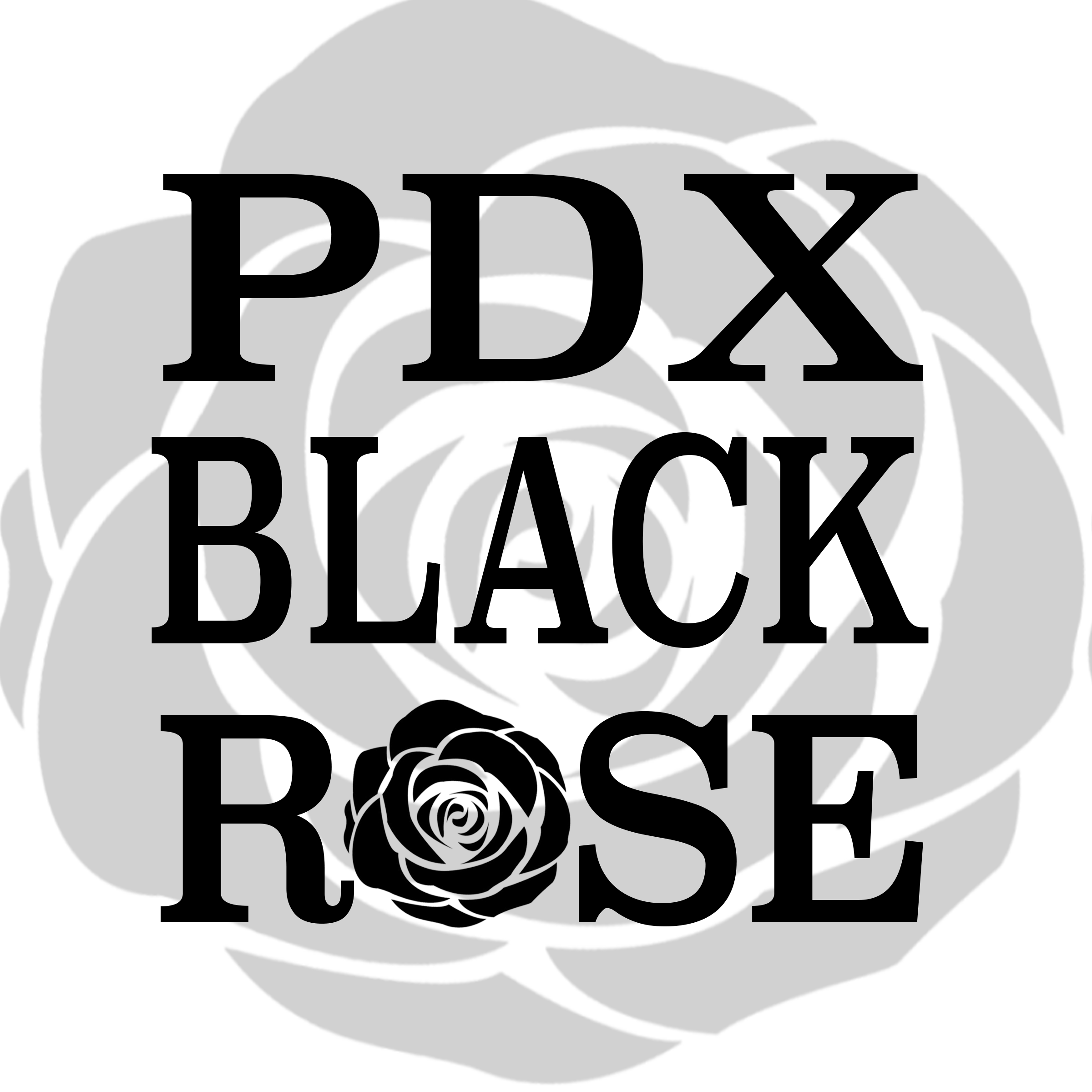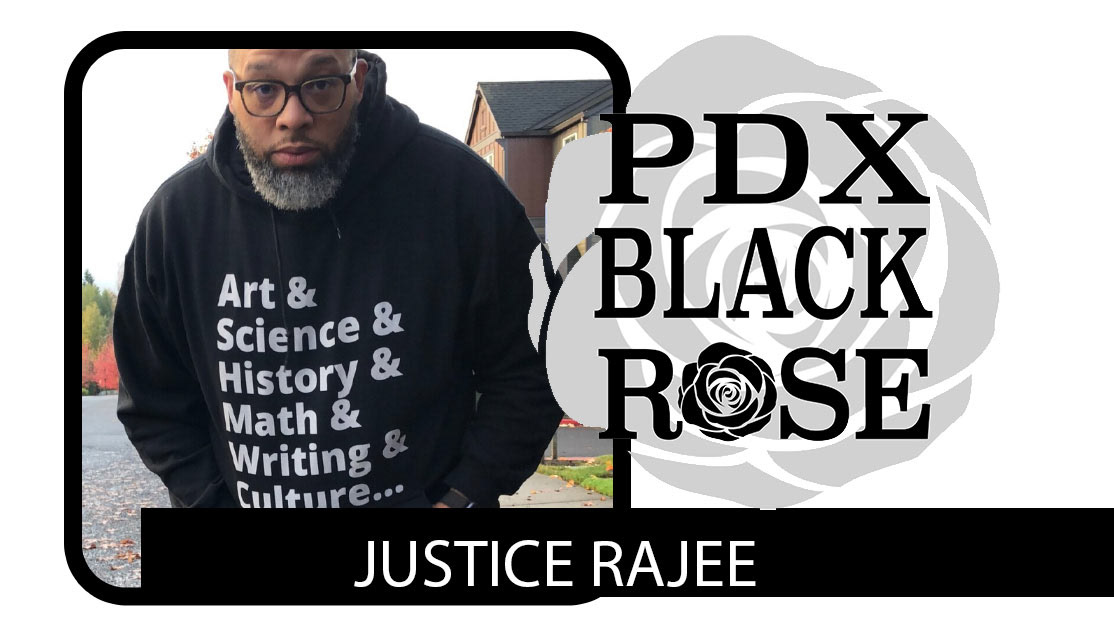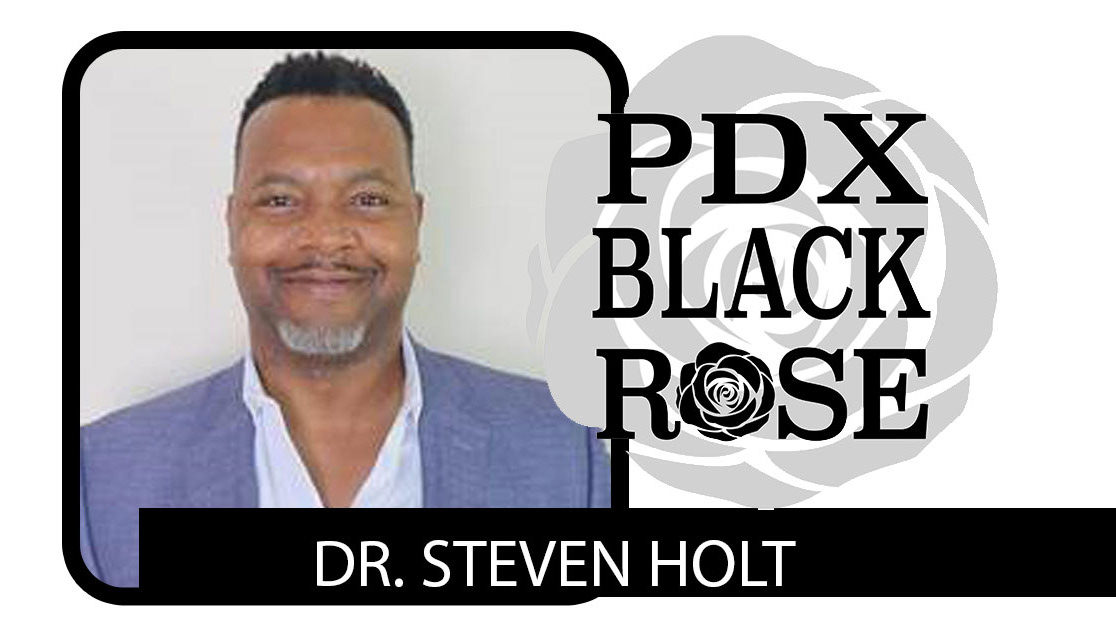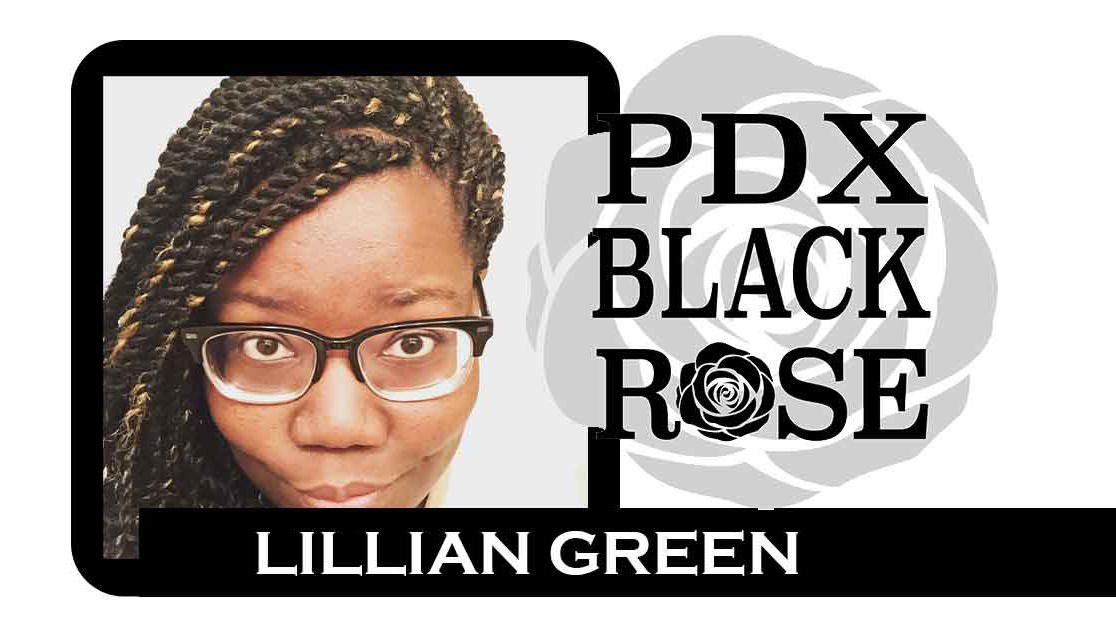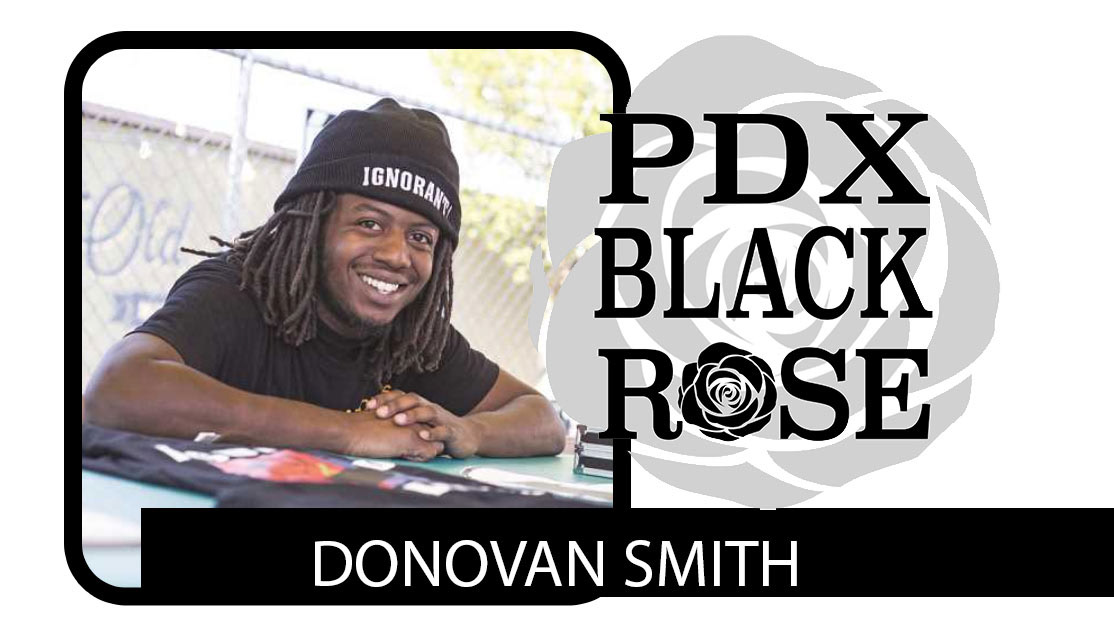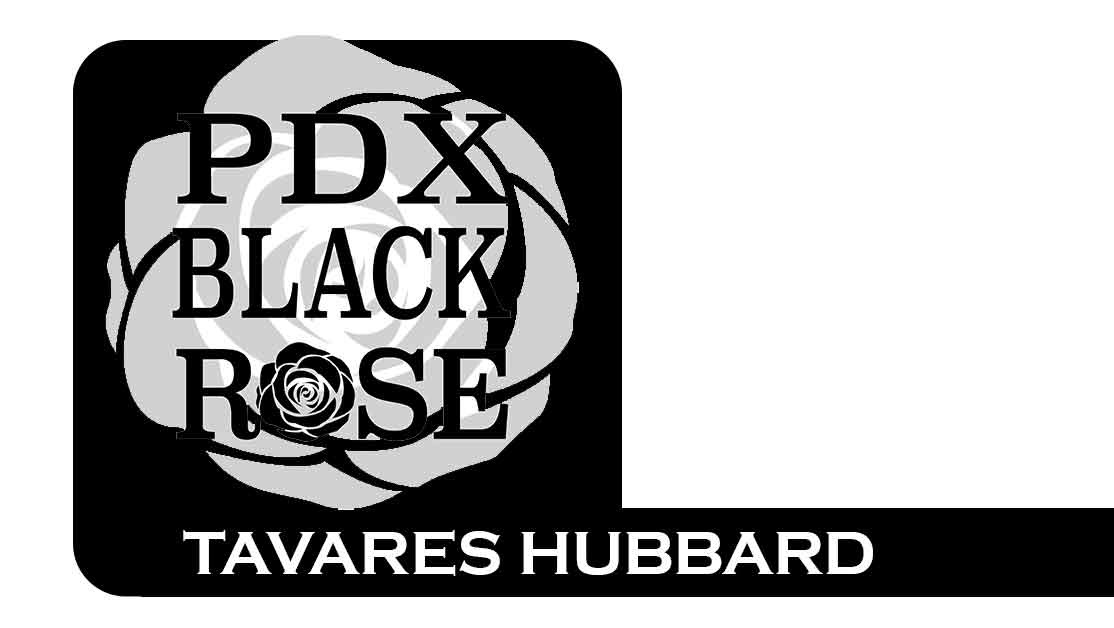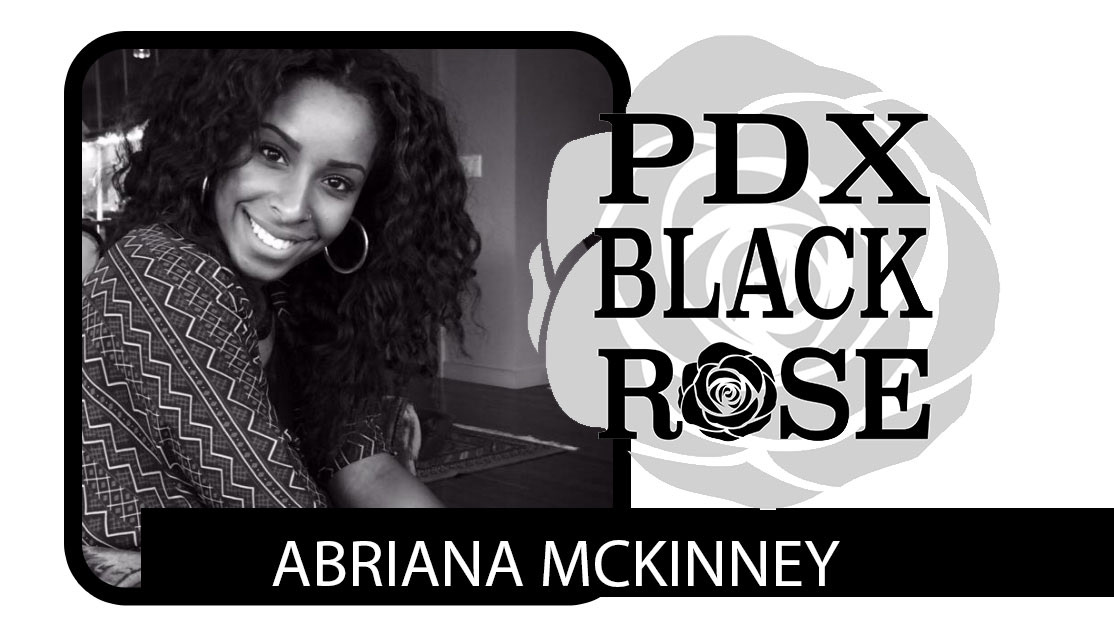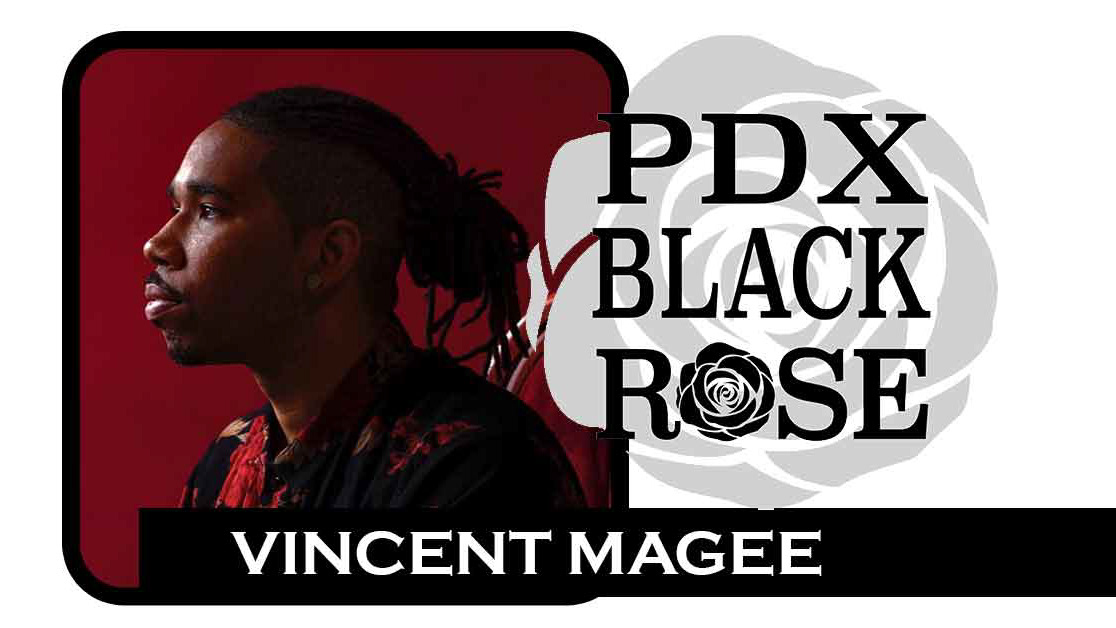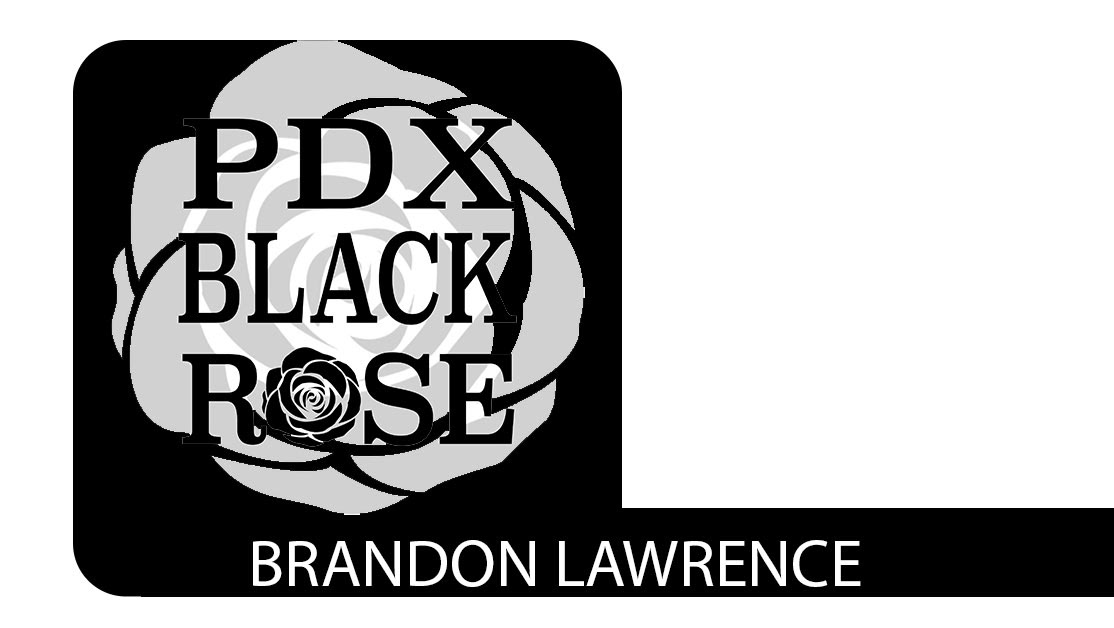Andy Stokes joins us for a wonderful conversation on the podcast. It has been a few months since he came back. His last appearance was the jazz festival. In recent years, he hasn’t made his way back to the area for a while because of the hit records he made. The beauty is that people want to see him perform. On the flipside, that requires him to travel across the country to perform. He sung with the likes of Pebo Bryson to whoever. As much as people want to see him in Portland, people also want to see him in New York and Tokyo.
Notes from the Conversation
From then to now (2:04) Andy Stokes is lightyears away from where he started. When he started out in the business, he had aspirations to get a hit record, go on tour, get on Billboard, etc., but before that he needed to lay his foundation. He had to get his band together, write his songs, and perform those songs to build a fan base. To Andy, everything is about advertising. He has to advertise what he does to move further in his career.
Andy saw two pathways for that:
1. Get a major label to foot the bill for that advertising
2. Have enough money to foot the bill for the advertising.
Andy was blessed to do the later. All the success Andy garnered was from going independent. He formed a record label and did everything through it. Now he has other people that he works with to push it further.
He points out that the journey was long though. About 30 years in total. He says that with a level of pride that he has earned. He biggest message to others is to tell people to never give up on their dreams. It will be hard and people will not like it. He notes that there were club owners that didn’t let him play in their venues. To him, it is all about the passion for the music you write and perform. Even though we are eager to push forward, Andy believes we can we can’t push forward unless we master where we are at. That message transcends music.
In this day and age, people don’t have the liberty to go to school, get a job, and work that for 30+ years with full benefits and a 401k. Our economy is just not built that way anymore. Not giving up is key. We are in an age where we must have perseverance and patience. One way or another, we must find ways to keep pushing and not get discouraged. At the root of it all is the passion. The game of attrition is predicated on the fact that the passion does not get coopted by the negative experiences.
—–
What has kept the passion from growing sour (5:11)
There are the highs and lows of a career, but what most experience is the day to day grind that tests your convictions and passions. It is not always sunshine and flowers. What kept Andy Stokes going is the fact that he never expected to be at in the position in the first place let alone be good at it. He kind of stumbled upon it. What he enjoys is the ability to put a smile on other people’s faces regardless of what is going on in Andy’s personal life. He knows that when he gets on the stage, he is going to make someone happy even if his day is the worst day ever. He calls it unconditional love because when he gets on the stage, they are smiling. He has had people come up to him and say that prior to seeing him they were under the weather but watching him perform made their day. That means more to him than any Grammy, or accolade. He got into the business to entertain people, and his job is to entertain his fans. Andy is hyperaware of that because if they don’t come see him, then he isn’t anything.
—-
What are your roots to Portland (7:25)
Andy Stokes is not originally from Portland. He was born and raised in Danville, Virginia. It is a little town next to South Carolina. He father was in the Army so his family moved around a lot. They lived in Germany from 1st to 2nd grade, and 6th to 11th grade. He later moves to Washington’s Fort Norris where they settled. He was a star athlete earning a football scholarship to Mt. Hood where he played two years, and later transferring to the University of Oregon. He was recruited by Dee Andros (The Great Pumpkin) at Oregon State out of High School. Even though he chose U of O, one of the bands Andy played in was managed by Dee Andros’ daughter, Jeanna Andros Baker. The worlds gets a little smaller.
—-
How did you go from football to music (8:41) – 9:14 Andy’s dad was the music guy. He had all the records and every Saturday his dad would have the records playing while his mother finished dinner. The family would be in the living room dancing. Andy recalls being holding a broom stick and imagining he was James Brown. He realized he had a pretty good voice around his sophomore year. He developed a talent for hearing songs and remixing them with his own style. He would hear different notes unaware of what they were and would mimic them. People would ask him when he sings how he knows what notes to do. He explained that he doesn’t know. To him, it is a gift that keeps on giving. He doesn’t know the notes, but he can sing them. He credits the gift from his parents. After his father passed away, the pastor told him that when his father sang, he did not want to follow him with his sermon. He was that good.
—–
Where did football come in? 10:23
Andy came from a sports family. His father was an “All-everything” athlete. Andy recalls going to his father’s high school and seeing records in football and basketball that his father set. Andy and his brothers were blessed. The first time Andy played baseball, he hit a home run over the centerfield fence.
When he got to college, music was nonexistent for him. He could sing, but he was a focused on trying to be a pro football player so he could buy his mother a house. Music didn’t play a significant part of his life until he was 22 years old and out of college. Fortunately, he didn’t have any injuries when he was playing. He recalls his mother telling him that he was put on this earth for something, but that she wasn’t sure it was football. To hear that from his own mother was heartbreaking. Trying to reinvent himself, he started singing again. He started getting better and better over time. He started hitting notes that were natural to him, but much harder for the broader population.
He wasn’t distraught when football ended like some college players that didn’t make it to the league. He was fortunate enough to go to Oregon and do well. He tried to go to the next level, it just didn’t happen. Although it was disappointing, he acknowledges that not many people get as far as he got. Before he knew it, he was singing in a band in downtown Portland.
Initially, he just wanted a low-key time slot where he could sing and not worry too much about attention. Much to his surprise, he was under the spotlight on a Friday night to a packed house. He was just adlibbing and doing vocal runs, and people were going crazy. After a while, Ben Wolfe, a Cleveland High School alum and professor at Julie Art, ask him to join a band. He agreed and thus started a journey of collaborative gigs. He played for Night Life, Lights Out, and Couillard. Over this time, he gained in popularity.
—–
He took the entrepreneurial route in music. 16:15 16:59
Andy Stokes took the entrepreneurial route with his music and that launched his career to new heights. He realized that if you have the skills and the money, you can do what major record labels could do to be successful.
After a series of ups and downs in his career he, met his wife, started a record company, rented an Air BnB in LA for a month and started writing songs. He also collaborated with Snoop Dog and DJ battle cat. After the work was done, he put it out and the rest was history.
In the music industry, everyone is trying to get a deal to launch their career. Andy saw that if an artist has the skills and the money, they could do everything they need to do to get to the next level. He was blessed to raise enough money to get his song into the top 10. It takes money. Most people don’t know that. “Best Day Ever” was picked as one of the top 50 R&B songs of 2018 (#31). Everyone ranked above his song were all from a major record label.
Afterwards, people were coming to him and telling him that he changed the face of R&B music because he brought the up tempo back. Over the years R&B has had a resurgence because of Bruno Mars’ success and other artists. Artists have begun to shy away from the slow tempo R&B of the early years and bring some funk back to the genre. Andy knew what that meant because he came from the “bounce” era.
“Best Day Ever” was not a song people wanted to play initially. Most DJs were looking for slow tempo R & B music, but Doug Williams, a DJ from Columbia, South Carolina, played it and kicked off a reception that hit national notoriety. (19:00)
—–
RandB is timeless. 20:23
R&B has not been mainstream for some time. Andy thinks that part of why he has been so successful has been because he caught the height of mainstream music’s intersection with R&B at the right time. We are in the right era for his music, and Andy’s diligence to stay at it worked to his benefit. For him, everything is timing and money.
The last major time for R&B was the late 90s early 00s. after that, the demand halted for the genre. We don’t know where it went, but it went somewhere else. Andy rode the storm. He didn’t change anything that he did because he knew what he wanted and knew where he wanted to go. He had no problem making music people could bop to. IT was just a matter of time people would come back to his style.
—-
Andy has seen the impact of technology in music. 22:05
Andy understands the social media landscape of the 21st century and how it has changed the way artists can access consumers and their interests. He is familiar with the fact that Artists tour to make money. They don’t make money off album sales or streams. In the past, artists toured to sell their units, and get the number of downloads up. Times have changed. The uphill battle he sees with artists now is the money needed to get the eyes necessary to make more money. Andy was blessed to defy conventions by writing a hit song. Yet the reality still comes to making that money on tour.
Andy know all too well how discouraging it can be to see 23,000 downloads and streams, but only make $2.00 from it. The song Despasito that broke all the streaming records and is the biggest selling song of all time. A massed billions of downloads, and only got $12,000. After seeing that, Andy realized that he needed to put his tour together, get a hit song, and get on the road. Doing a lot of research on popular artists in the past, he looks at someone like James Brown and noticed that James did not have a lot of hit songs, but his shows were amazing. That is what people want. To be entertained. They want to get out of their house, they want to go someplace, and they want to dance and have a great experience.
That is a blessing for Andy because that is where he truly shines. He doesn’t care if there are three people or three thousand. He will give you 8,000%. That is how he built his fan base since he started.
The landscape of the music industry is very similar to the mixtape culture of the mid-00s. Artists would put out tons of mixtapes for free, and when they toured and came to town, the venues would be packed. Streaming is like the new mixtape minus the risk of going to a sketchy site to get the music. There is Spotify and Apple music now. Not a platform to make money. It is a platform to get exposure and market your art. You don’t have to go to a major label to get distribution you just need to put it on the platform to market. It is that simple. Sign up and upload your stuff. Anybody can do it. It is pretty much the Wild Wild West. The differentiator between what does well and doesn’t is Marketing. You need the marketing dollars to boost your work and get exposure. You want to get on all the popular playlists and national ranking charts such as Billboard to increase exposure. It is all about marketing.
It can be tough to adapt to the digital landscape if you are an older way of thinking, but Andy believes you must adapt. That is the only way to not get left behind. He blessed with the opportunity to surround himself with people that understand technology better than him. Watching them work helped him learn what to do. Andy feels that if he doesn’t want to learn, he will get left behind, and that is not putting him in a good spot while he tries to get his music out there.
—-
What was the Grammy experience like? 27:00
Andy first went to the Grammy’s in New York, and he describes it at one of the most amazing experiences he has had in music. He went as a voting member which was an exciting honor for him. It is a spectacle to see. Tons of honors for people doing really well. There are two shows: the premier show and the televised show. Andy like the premiere show because it provides an opportunity to see nominations from other genres: Children’s books, to spoken word, etc. Andy enjoyed the whole experience of being in the mix and seeing worldwide names in music. It was something he looks forward to every year.
This coming year is very special because he was voted in as one of the board of directors for the northwest chapter. A benefit is that he goes as a VIP. Andy describes the whole honor as coming out of nowhere. Andy had no idea his name was in consideration. He literally woke up one day and found out he was voted in. Apparently, there is a voting process where people submit names. His name was submitted, and he was notified via email that he won the vocalist seat on the board of directors representing Oregon, Washington, and Hawaii.
Interestingly enough, Andy wishes he went to Hawaii when they recruited him to play football. He says that was one of his biggest regrets not going. Going to Hawaii to play football was the most ideal situation for Andy. Imagine playing football on the beach around hula girls and sunshine year-round. The perfect weather to work out int, etc. He didn’t know too much about the football program, but he didn’t go because his mother was worried that he would be going away further than they were comfortable.
—-
Local venues coming up. 33:51
When Andy was coming up, there were tons of places to play in Portland. Candlelight was his main staple. He was there for 12 years. During that time, there were many clubs that would come and go. At the height, there were about 10 different hot spots to play at and make a living. From Beaverton to Portland there were venues for everyone to play and have a good time. You could park your car in Old Town, walk up the street, and every band you heard was great. It didn’t matter what genre of music you liked; downtown Portland was awesome. All of a sudden, those venues started fading.
Everything has changed. First Fridays shuts down at 8:00 pm, and the culture is sucked away. Many people passed the Rockies don’t know, but Portland used to be one of the Music Meccas. He realized that when he was on the Tom Joyner show. Andy jokes about when Tome Joyner asked, “Brotha, are there any of YOU out there besides the athletes? Black people.” Andy realized that people just did not know. They know a little bit about Oakland and LA, but that is about it. They talk about Seattle because of Quincy Jones and the grunge bands, but that is still a blip on the radar.
Artists on tour are starting to come to Portland more often now than ever before. Back in the day, opportunities to see artists were really Seattle or the Bay Area. Not many local opportunities. Being in Portland now, you get more bang for your buck because of the influx of migration and opportunities. Ironically with all the new access to arts and culture, it feels like Portland doesn’t want it. They want the tech industry. They are trying to keep up with Seattle. Oregon is migrating to that and the musical side is slipping to the backburner. It is unfortunate because there are so many talented people coming up.
Many of the supportive clubs shutdown because of gentrification. People run out of clubs to play and the scene dies down. Those who were trying to make a living in Portland playing music simply couldn’t. For Andy, he always had a job outside of music to support himself. He was fortunate enough to build a following to where having a side job got in the way of his income from his gigs. Most are not that fortunate, though. Nowadays things are more difficult because club owners care more about bar profits rather than cover profits. The model for paying acts have diminished to pennies because of it. That makes it harder to make a living even more.
—–
38:00 From the beginning, Andy’s motivation was to get to the next level. He was signed to A&R records young. He went down to LA with koulard, silk kozzard, bill Beckman, and Warner Bros and recorded a record. All of a sudden 9 artists got dropped, and he was one of them because the record label was merging with AOL. Andy didn’t know he was dropped until later. He was waiting for the song to come out at Kasief’s place when he found out it wasn’t coming out because they dropped him from the label.
Andy was so mad that he didn’t want to sing anymore. He came back to Portland, got a job, and started working. He wasn’t intending to play at all. It wasn’t until fans started asking when he was coming back that he even considered it. After a while he decided to only play in Portland. His fans were the ones that made him come back. He only played locally until he met his now wife and went on his current entrepreneurial venture.
In 91, Andy had his first show in Japan when he was with Koulard. He was nervous and scared. It was a packed show. Charlie Wilson, George Clinton, and the Funkadelics, Phyllis Hymen, etc were next to him. He performed and people went crazy. Charlie was throwing napkins at him, and after the show he ran on stage and hugged Andy. He said to Andy that he had something special inside him.
When Andy walked off the stage, George Clinton was standing at the bottom. The first thing he said to Andy was, “F- you!” Andy was taken aback. In a round-a0bout way, he was being congratulated by those he grew up on. After the show he got to hang with everyone and learn more about them personally. Later the Funkadelics start playing. Andy is on the side listening when one of the band members waved him over. Andy was thinking they needed help. To Andy’s surprise, George wanted Andy to sing. Atomic Dog came on and it was Andy’s time to shine. The affirmed to Andy that he was good enough to get to the next level.
When And came back from Japan he left the band Koulard, went to Portland and put his own band together in 1998. He put his first solo album out the next year and continued to grind. Things happened in his life, but he never stopped. Andy can’t express enough how crucial it is to learn the business because that is the difference maker.
Key Links: 